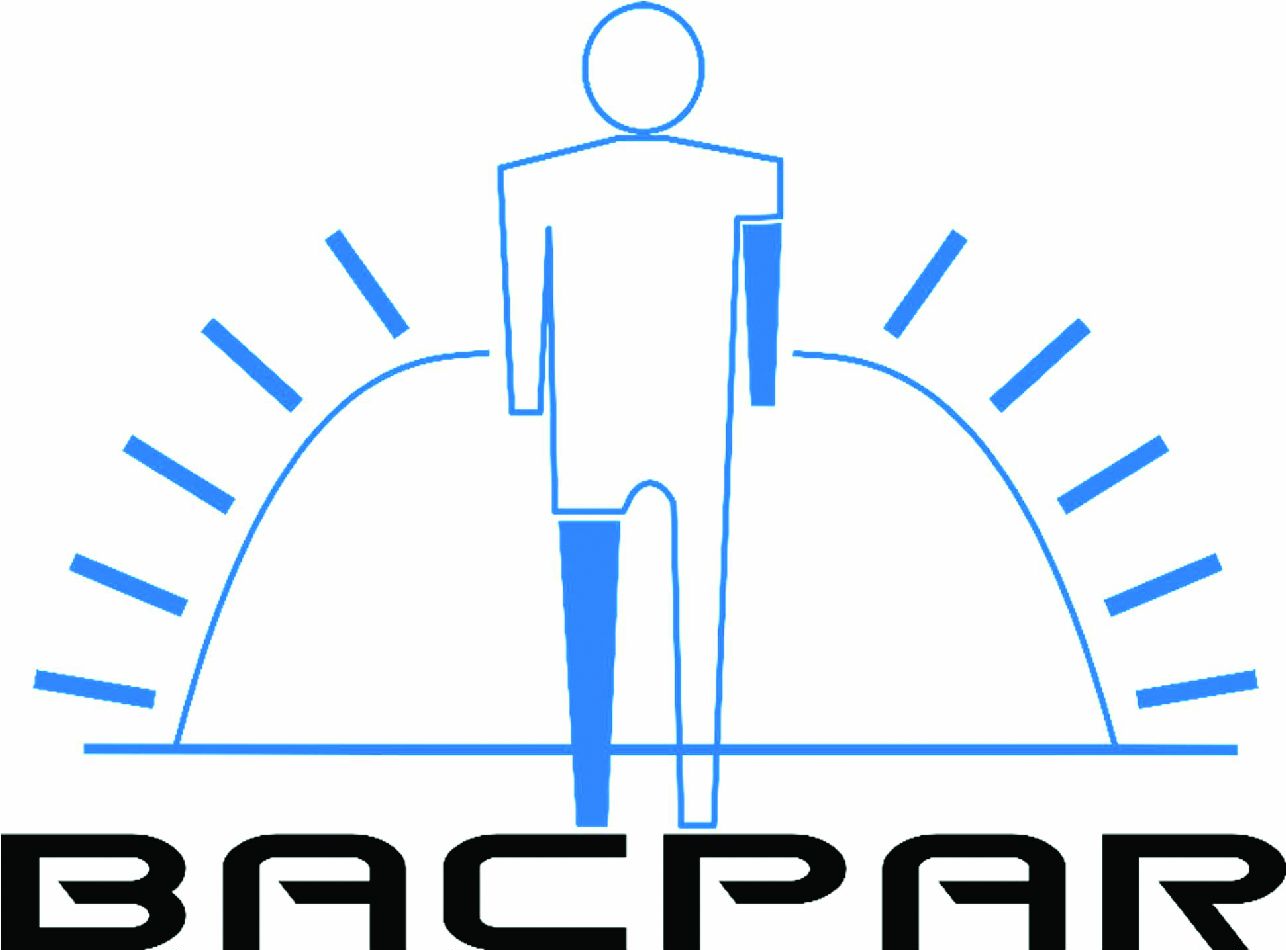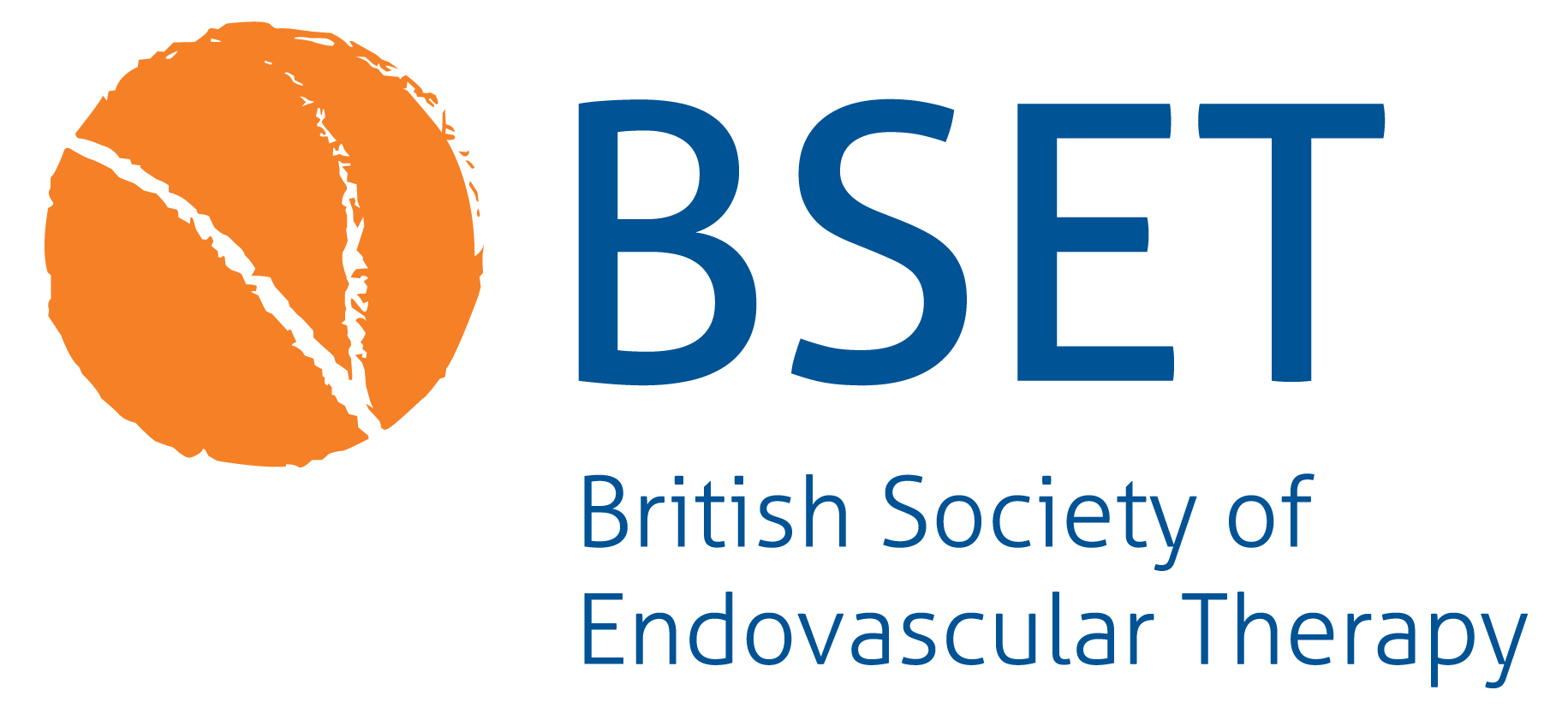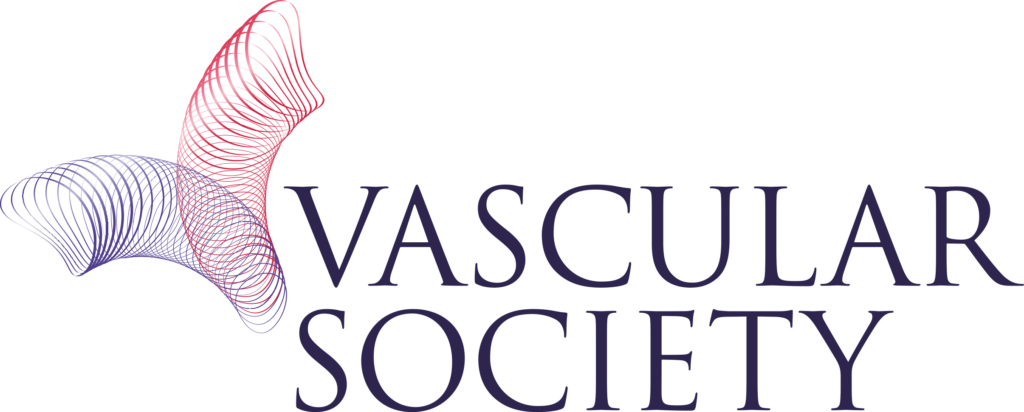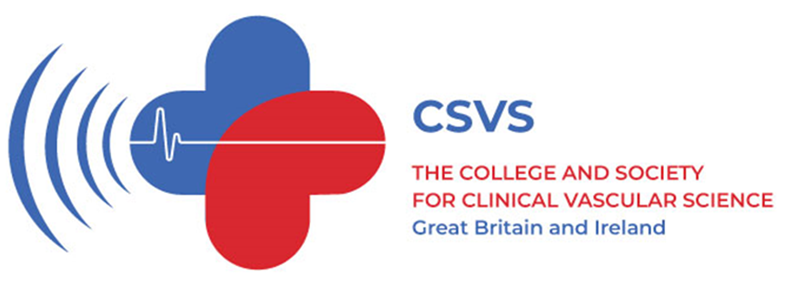Original Research
A case study project to explore physiotherapists’ experiences of using removable rigid dressings with patients post transtibial amputation in the UK
Introduction Traditionally, post transtibial amputation (TTA) a soft dressing consisting of elasticated bandage and padding would be applied in theatre and kept on for up to five days. In 1969, Berlemont et al challenged the use of soft dressings with a rigid plaster replacement.1 Soft dressings have since been associated with pressure sores and persistent…
Read MoreA feasibility survey to inform trial design investigating surgical site infection prevention in vascular surgery
Introduction Surgical site infection (SSI) is common following vascular surgery, complicating up to 40% of groin incisions and major lower limb amputations (MLLA).1–3 SSI significantly impairs quality of life due to associated pain, reduced mobility, depression and anxiety.4 SSI results in a fourfold increase in the risk of readmission and substantially increases healthcare costs, estimated…
Read MoreEffect of health literacy and socioeconomic deprivation on outcomes after lower limb surgical revascularisation for chronic limb-threatening ischaemia: the HeaLTHI study
Introduction Health literacy is the degree to which individuals have the capacity to obtain, process and understand basic health information and access services needed to make appropriate health decisions.1 Health literacy is a complex concept that is influenced by an individual’s educational attainment, race, age, deprivation and available healthcare services.2,3 There are a number of…
Read MoreLong-term outcomes of major and minor lower limb amputation: eight-year retrospective analysis from a single tertiary referral centre
Introduction Major amputation is a life-changing yet common endpoint in the management of diabetic foot disease (DFD) and chronic limb-threatening ischaemia (CLTI). Less commonly, amputation is performed for traumatic limb injury, deformity, chronic pain or loss of function.1–4 Major amputation is estimated to affect 3–4% of all patients with peripheral arterial disease (PAD)5 and 15–20%…
Read MoreVascular Anastomosis Course for Core Surgical Trainees (VACT)
Background On completion of Core Surgical Training, Core Surgical Trainees (CSTs) are expected to have an understanding of emergency and elective vascular conditions – specifically acute limb ischaemia, embolic arterial disease and vascular injury.1 These are CST curriculum index conditions that CSTs are required to know how to manage.1 In addition to this, an understanding…
Read More










